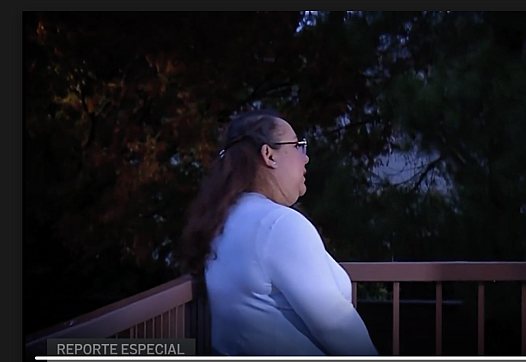
Undocumented domestic violence survivors face abuse and deportation fears. Advocates say reporting can protect lives and open legal pathways, despite long visa backlogs and rising immigration anxiety.

Undocumented domestic violence survivors face abuse and deportation fears. Advocates say reporting can protect lives and open legal pathways, despite long visa backlogs and rising immigration anxiety.

Advocates in Sacramento say domestic violence is one of the leading drivers of homelessness for women, particularly Black women, who already face disproportionate barriers in housing and health care. Women leaving abusive partners often have few safe places to go, and the trauma compounds when children are involved.
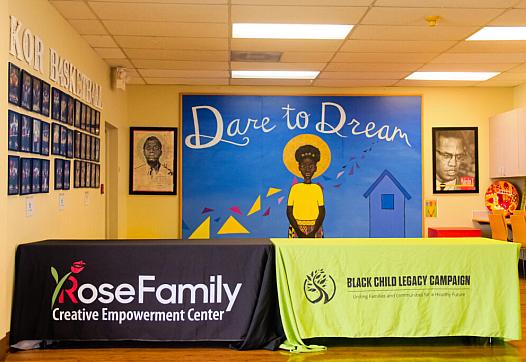
Sacramento County uses Black “cultural brokers” to help Black families navigate CPS and keep kids out of foster care. The program reunites families but is fighting for long-term funding.
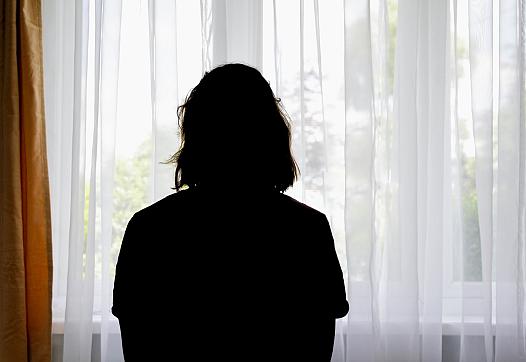
Two journalists were recently joined by a domestic violence survivor and advocate to share tips for reporting on domestic violence in ways that respect a survivor’s wellbeing and safety.
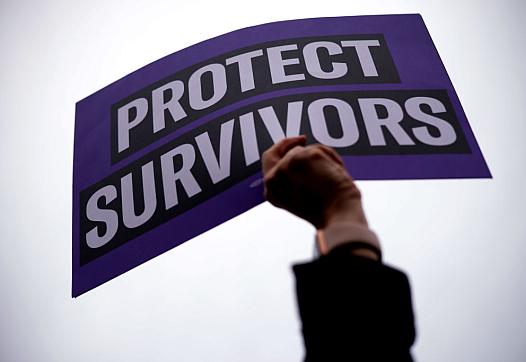
“We know a lot about what to do about domestic violence,” one expert told journalists. “But we’re at a point now where our ability to do something with that information is really diminished.”
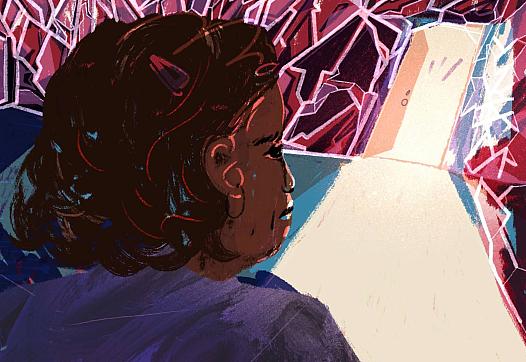
Across the Bay Area, advocates are meeting survivors where they are with trauma-informed care, culturally sensitive support and paths to healing that don’t rely on police or punitive systems.
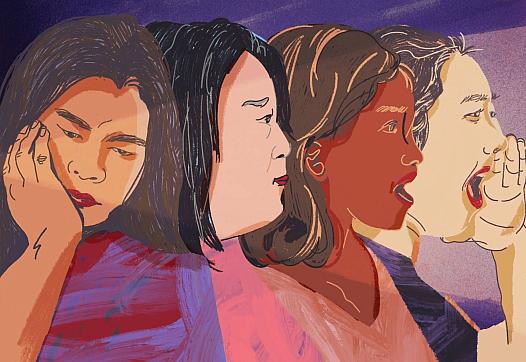
Domestic violence often goes unspoken in Asian communities, where stigma, family dynamics, immigration status and lack of culturally responsive services make it difficult to seek help. But community groups can provide crucial networks of support.
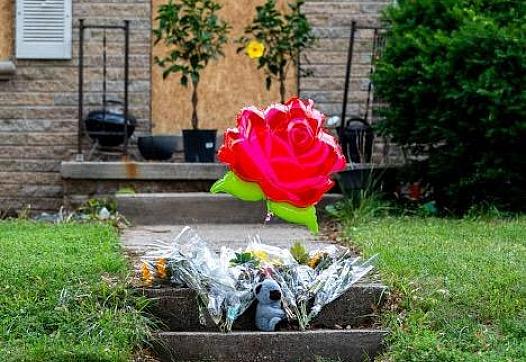
A proposed federal gun laws risk empowering abusers and weakening protections.
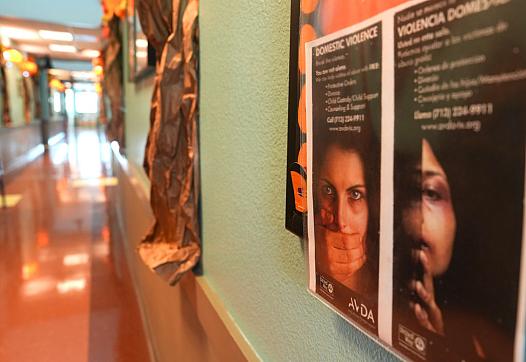
Stories about domestic violence policy are comparatively rare — but those are the most important to pursue, writes journalist Julianne McShane, in an essay sharing strategies for going beyond individual cases.
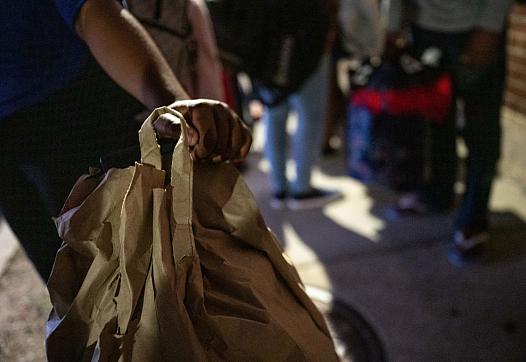
A reporter grapples with the challenge of getting accurate details and stories from sources in the face of unexpected reporting twists and turns.